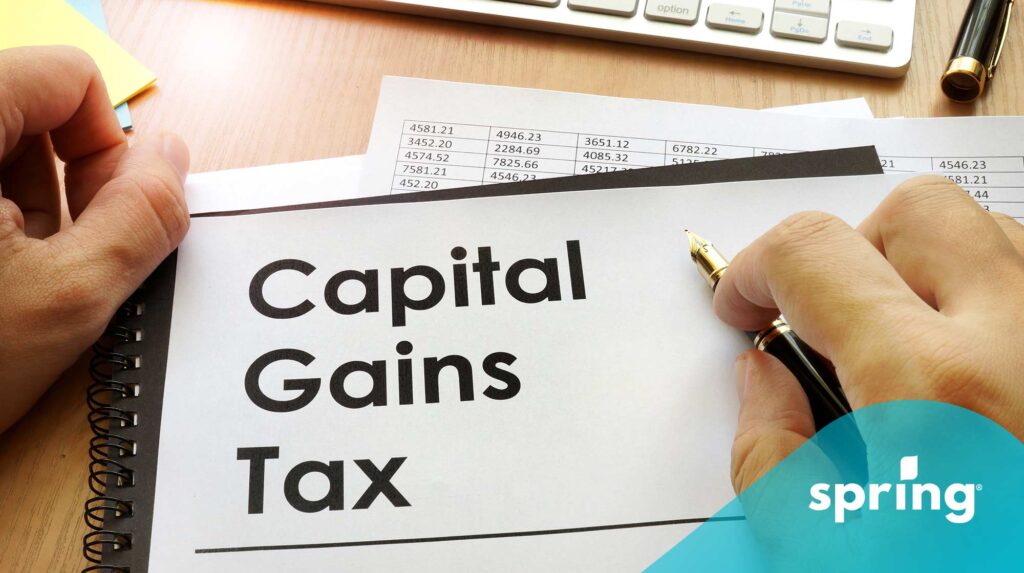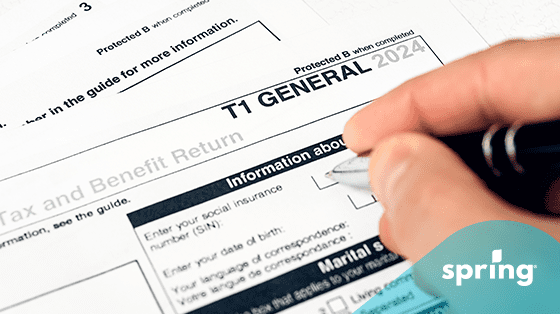COVID scams have spread like a virus. It’s a time of confusion and uncertainty, which is the perfect mindset for a fraudster to capitalize on. And with so much information coming at us from all directions, we don’t always know who to trust.
We’re going to help keep you safe – at least from COVID scam artists – with some helpful tips on what red flags you should watch for. Whether it’s email, social media hacks, or phone calls and texts, you need to be vigilant about protecting your health and your finances.
COVID-19 Phishing Email Campaigns
Email “phishing” is one of the most common COVID scams going right now because it is easy to execute -simply impersonate a reputable person or organization. The term phishing, for those who don’t know, is used to describe when an email fraudster throws out the lure and hopes you bite (so they can reel you in, get it?). The classic example is the African dignitary asking for your bank info to help him transfer his wealth. Everyone has wised up to that one.
In terms of coronavirus scams, cyber attackers right now are sending fraudulent emails that look like legitimate awareness training or refunds for event cancellations related to the current crisis. These emails usually contain malicious links or attachments, and will often use scare tactics to trick you into opening a phish.
The WHO (World Health Organization) did not send this email. It is a phishing scam in order to get your personal information and trick you into sending money. The issue has been so rampant that the WHO issued statement warning the public that these emails are not in any way associated with WHO projects or events.
Another common coronavirus email scam going around looks like offers for PPE (person protective equipment) like N95 face masks. These emails will attempt to get your money by taking your order over email or chat apps. You have probably never heard of the manufacturers who is making you the offer, and that’s because it doesn’t exist.
How to Protect Yourself Against COVID Phishing:
- Don’t immediately interact with the email. Take your time to evaluate it.
- If an email looks legitimate, verify it with the sender. Don’t reply directly to the email, use another means of communication. If it looks suspicious: report it and delete it.
- The Canadian Anti-Fraud Centre has more response tips for you.
COVID Scammers Take to Social Media
Social distancing has meant an increase in our online participation, especially social media where we can connect with others during a time of encouraged isolation. Unfortunately, scammers are taking advantage of this environment of heightened online activity.
Sites like Facebook and Twitter have reported fake posts and user accounts hacked to show COVID-19-related content. One example might be fake charities, asking for donations to help first-aid responders. Another example is a hacked account where someone you know sends out a COVID-related offer like test kits, face masks, and cleaning products.
Facebook and its subsidiaries Instagram and WhatsApp say they have been actively working to combat misinformation about COVID-19, including fact-checking posts and warning users about the origins of messages.
How to Protect Yourself Against Social Media Scams:
- If a strange request is coming from a friend, call your friend. Verify the request with them and see if it’s true.
- Beware of blindly clicking shortened URLs. You see them especially on Twitter where character count is limited. If you can’t see the origin of the URL be cautious because one click could infect your computer.
- Research all companies or charities soliciting requests on social media for donations to help workers on the frontlines of stopping COVID-19. It’s a worthwhile cause, to be sure, but make sure your money is going to a real, credible organization making a difference and not some scam artists looking to make a quick buck.
- Verify that a charity is registered with the Canadian government.
Phone Call & Texts Scams in the COVID-19 Era
Phone fraudsters are nothing new, but unfortunately, COVID-19 has given scammers a new angle to deceive victims. Instead of the well-worn Canada Revenue Agency scam, fraudsters are calling unsuspecting people and pretending to be from the Public Health Agency of Canada.
According to reports, phone fraudster might scare the individual by saying they have test results to share with them, and that they have been tested positive for COVID-19. Then their trick will be getting the individual’s personal information and ultimately money for a so-called prescription. It’s a despicable act to prey on fear at a time like this, but these fraudsters are looking to capitalize on confusion and uncertainty.
Texts is another mode of deception for coronavirus scammers. Texts claiming to be from the “Canada Help Center” with links to the CRA are highly dubious. Imposters also recently used the Canadian Red Cross to send out malicious links via text claiming to offer free face masks. The organization was forced to warn the public not click on these links and to delete it immediately.
How to Protect Yourself Against COVID-19 Phone & Text Scams:
- Be skeptical of calls coming from unknown numbers. Reputable public health agencies will not come up as unknown on your phone’s ID.
- Never provide personal information or your banking details unless you are 100% certain the caller is trustworthy.
- Don’t click links from text messages from the Canadian Red Cross, and don’t reply. Simply delete it immediately.
Stay Safe, Stay Protected
Hopefully, we’ve given you a sense of what to watch for when it comes COVID-19 scams and the fraudsters who perpetrate them. Remember to be skeptical of unknown sources communicating to you via email, your phone or social media. We are living in an unprecedented era of fear, uncertainty and plenty of misinformation, so it’s critical you don’t let these scam artists take advantage of an already bad situation.
Read more: Scam Phone Calls In Canada: How To Identify Them & Protect Yourself
Spring Financial serves Canadians with practical advice on personal finance and credit-building solutions. Whether you have bad credit or no credit, we know how to help make your financial future brighter. Bookmark and subscribe to our blog for more useful tips, or speak to one of our consultants today to see how we can help!








